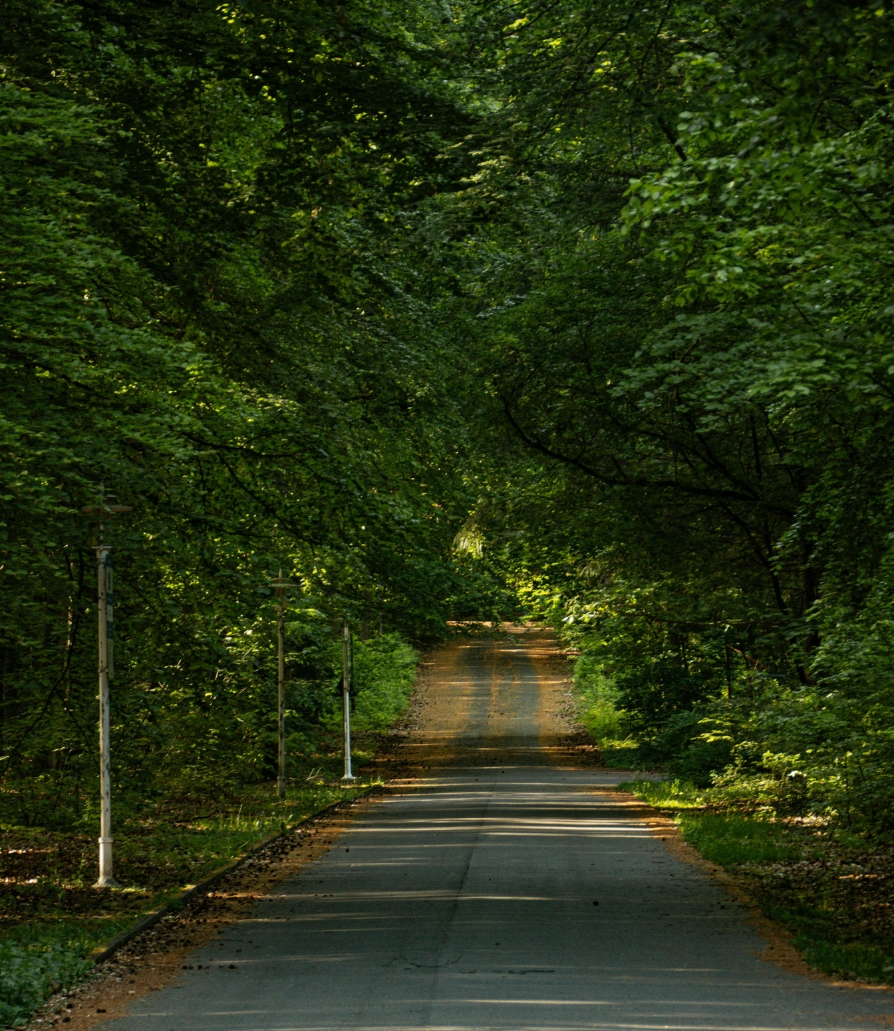Avenue trees are integral to urban and suburban landscapes, providing numerous benefits that contribute to the aesthetic, environmental, and social quality of urban areas. These trees are typically planted along streets, avenues, and boulevards to create visually appealing and functional green spaces. Understanding the characteristics and benefits of avenue trees helps in selecting the right species for various urban settings.

Avenue trees enhance the visual appeal of urban areas by creating green corridors and providing seasonal color changes. They add beauty and structure to streetscapes, contributing to a pleasant and welcoming environment.
Trees act as natural air filters, absorbing pollutants and releasing oxygen. By improving air quality, avenue trees contribute to healthier urban environments and reduce the impact of pollution on residents.
Tree-lined streets encourage outdoor activities, such as walking and cycling, fostering a sense of community and promoting healthier lifestyles. The presence of trees creates inviting spaces where people can gather, socialize, and engage in community events.
Regular pruning, pest management, and monitoring for diseases help maintain tree health and longevity. Seasonal care practices, such as mulching and fertilizing, support optimal growth and resilience.